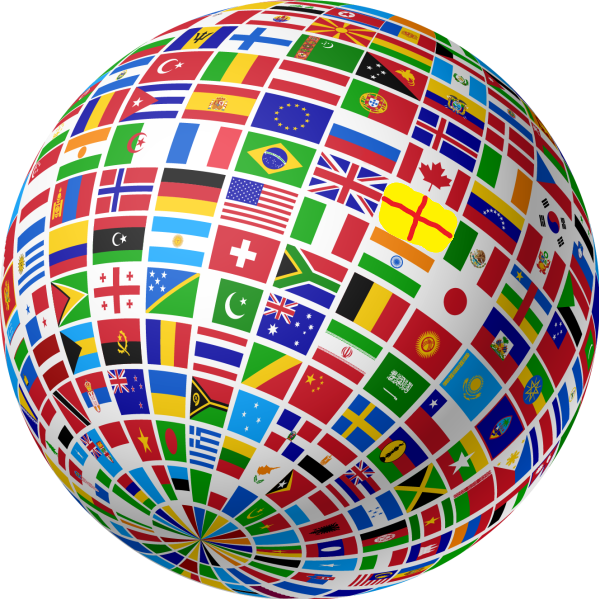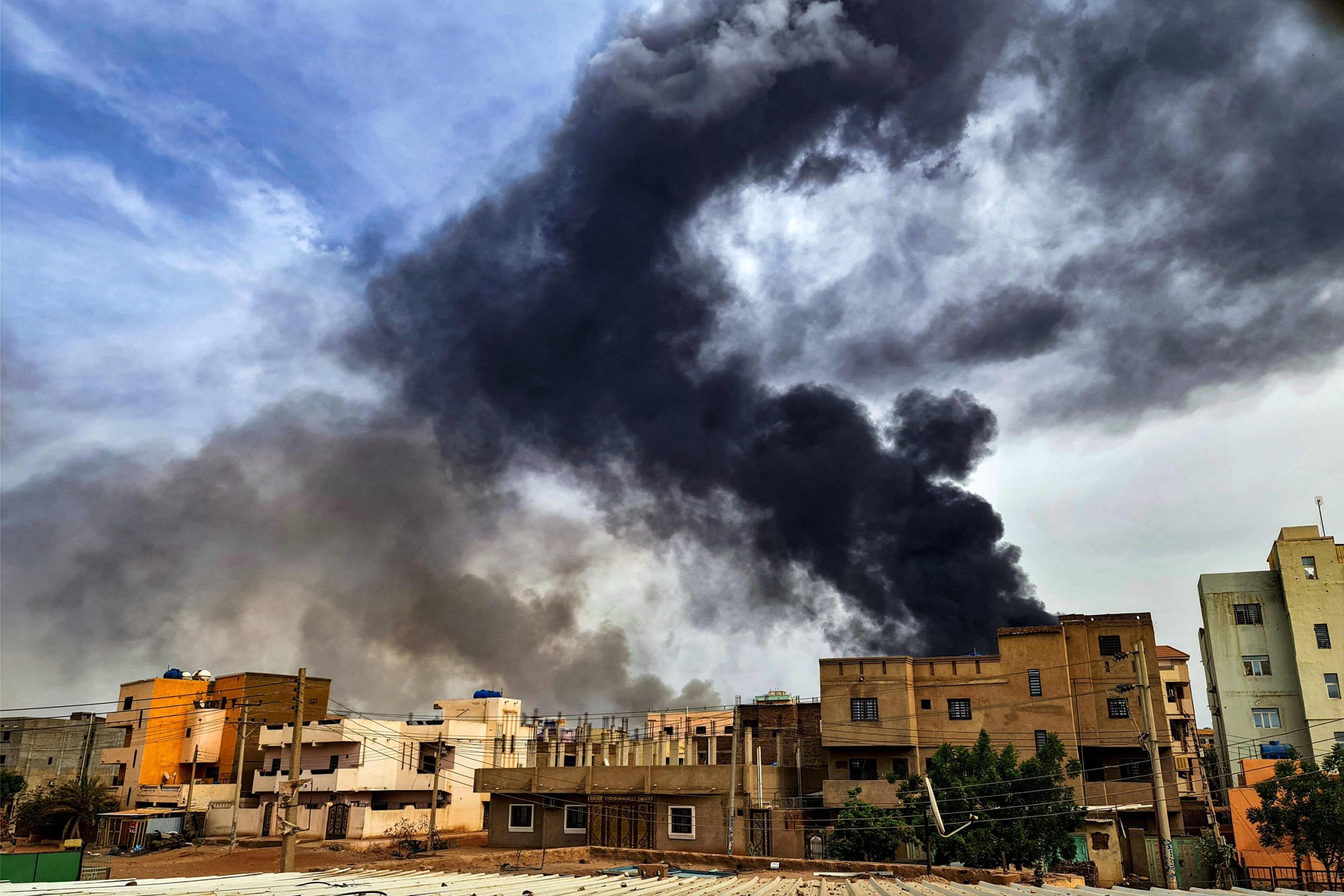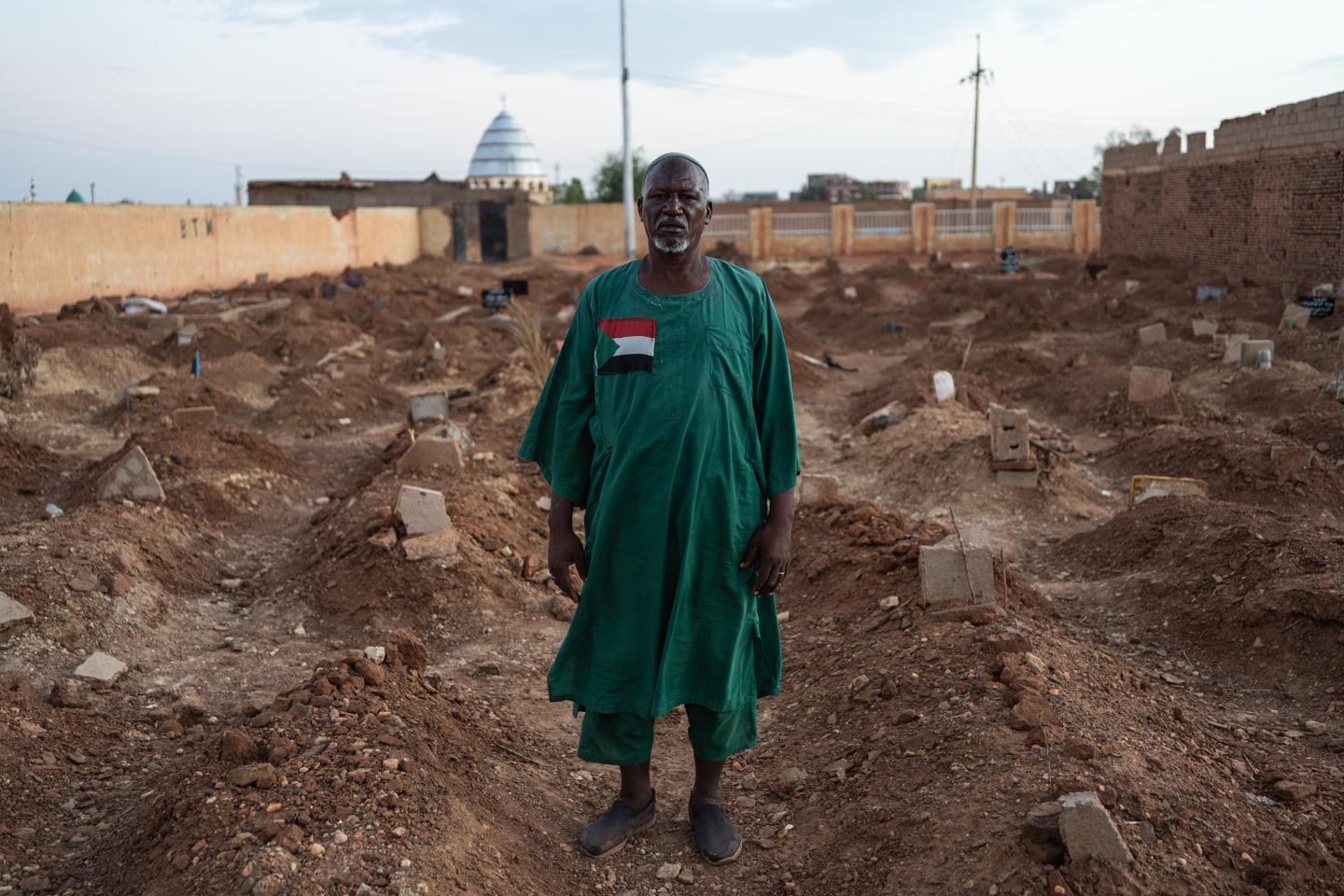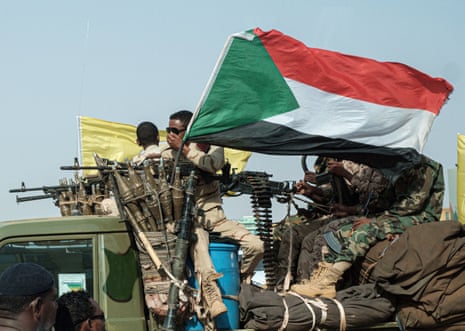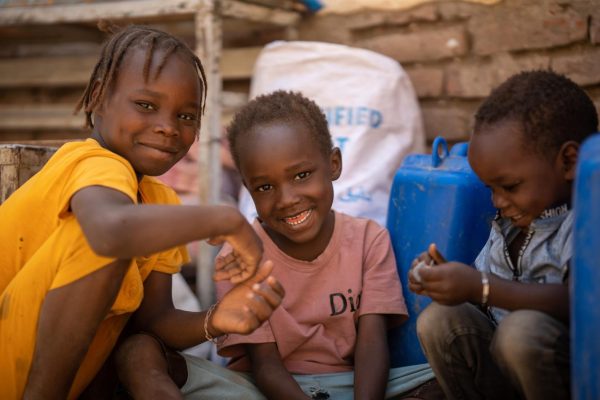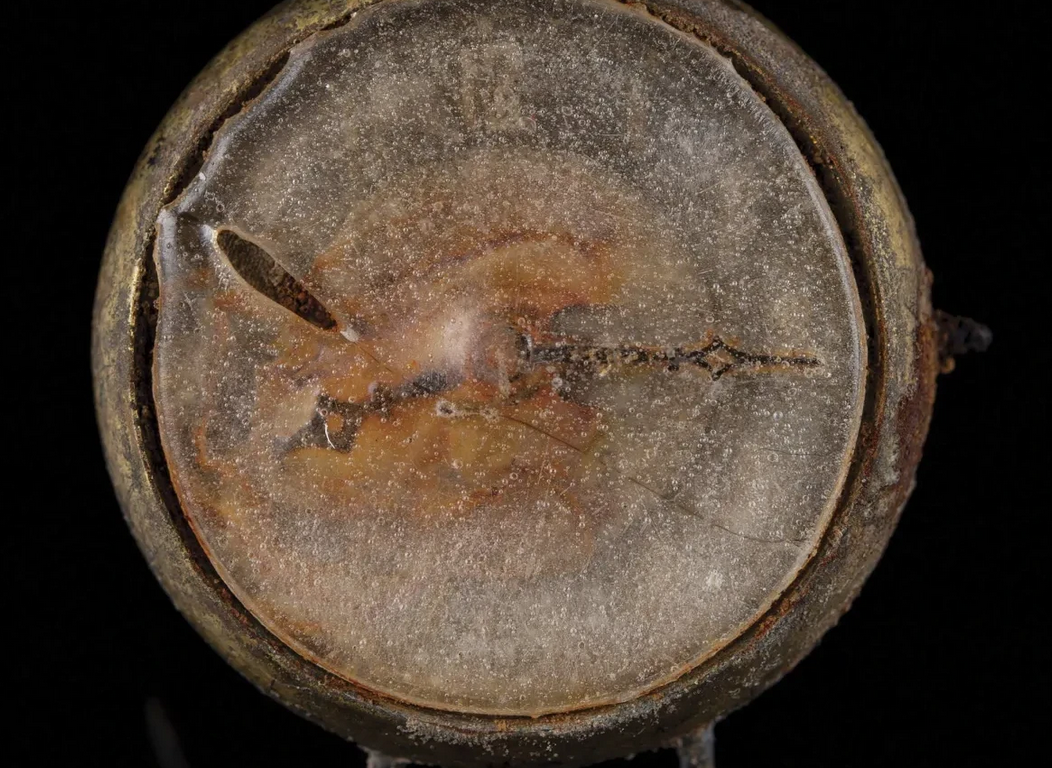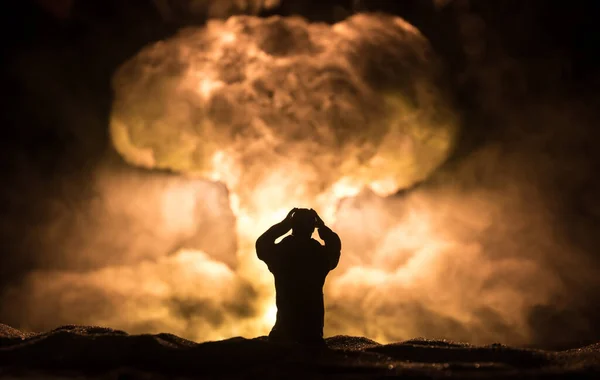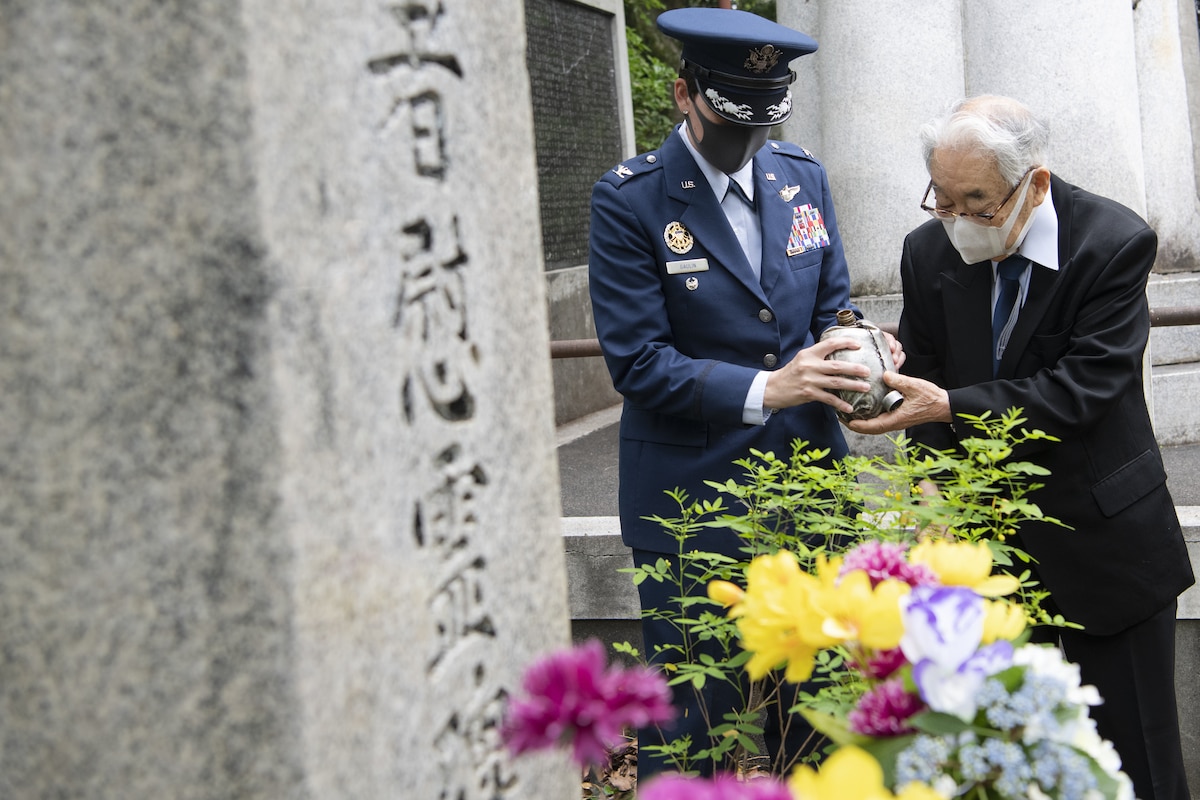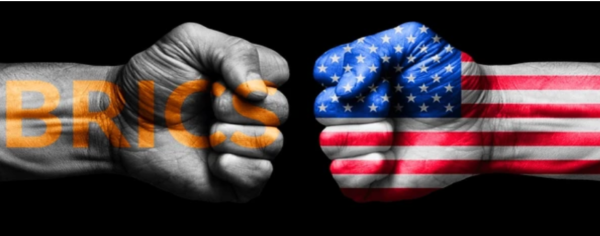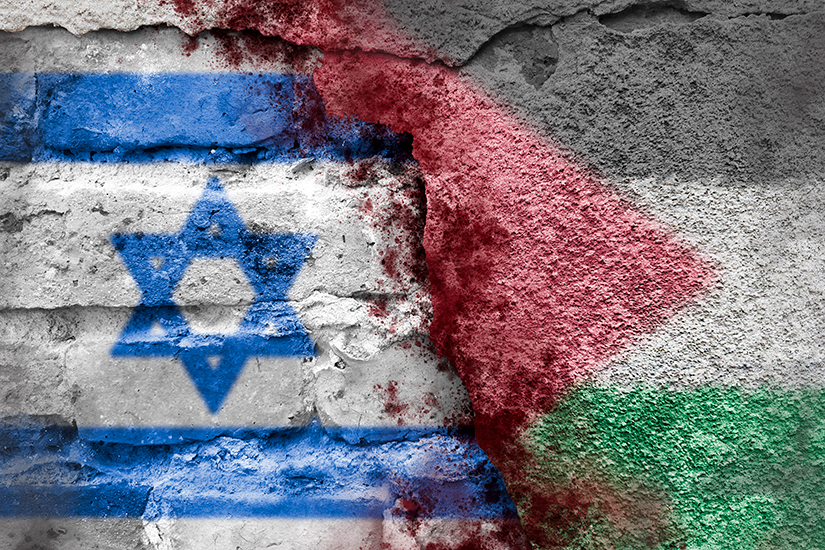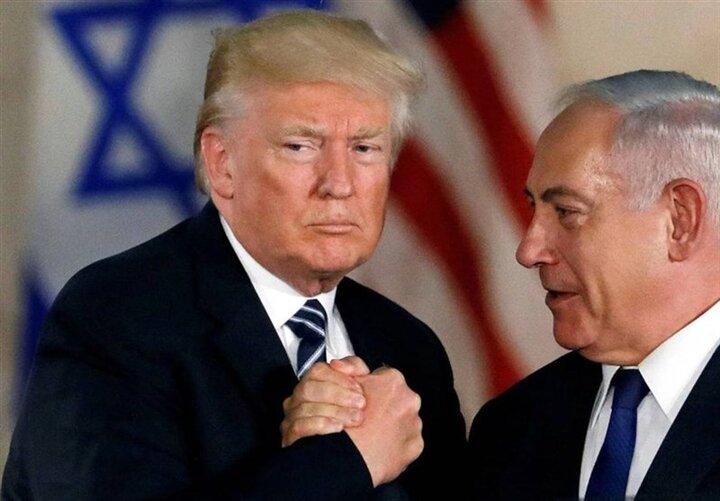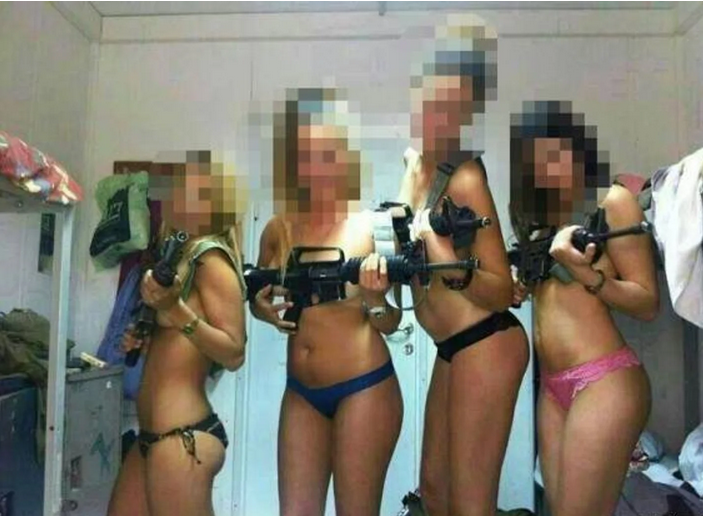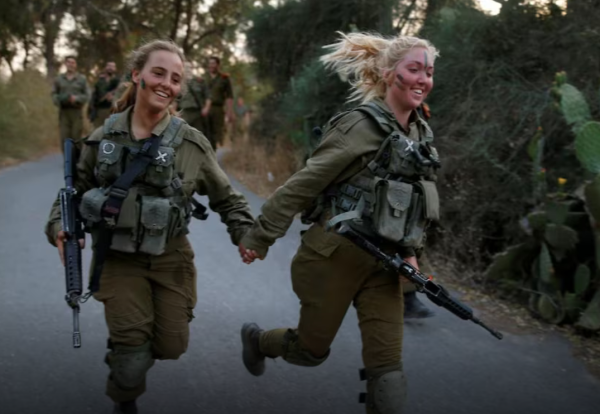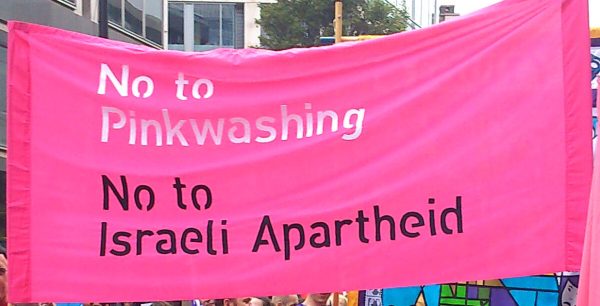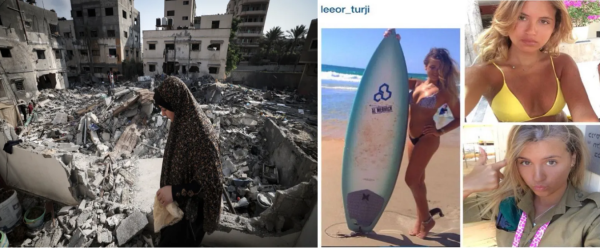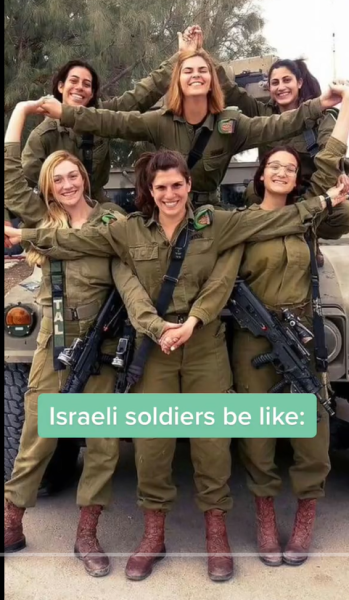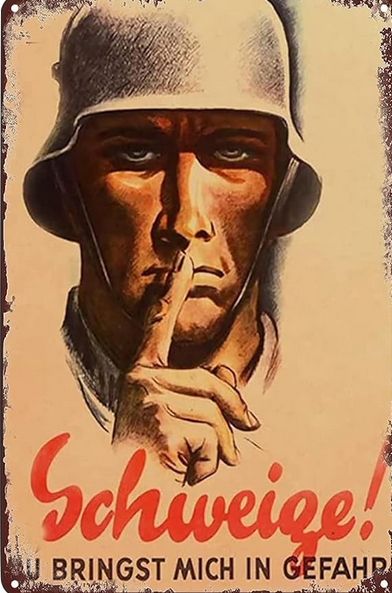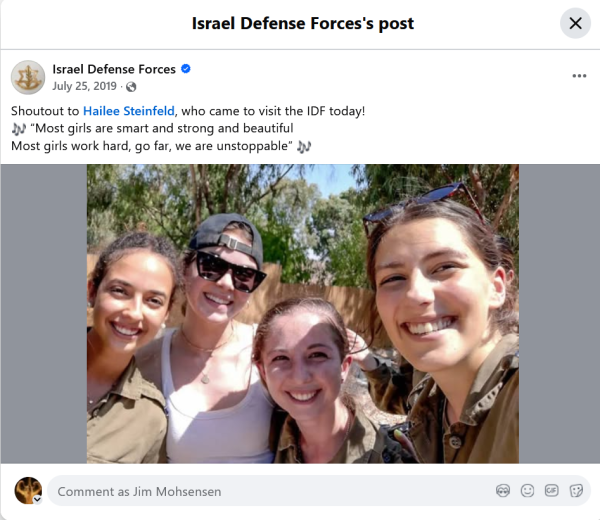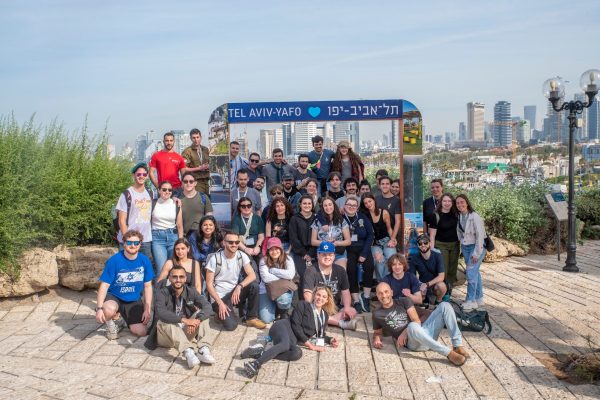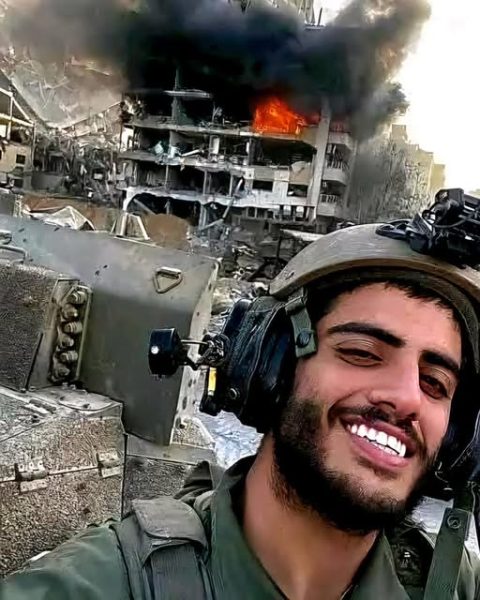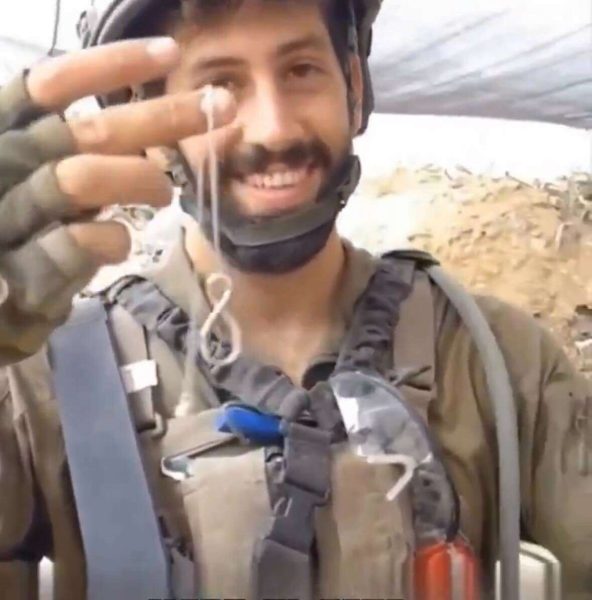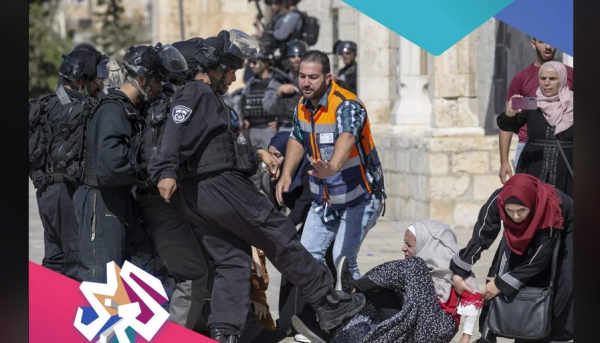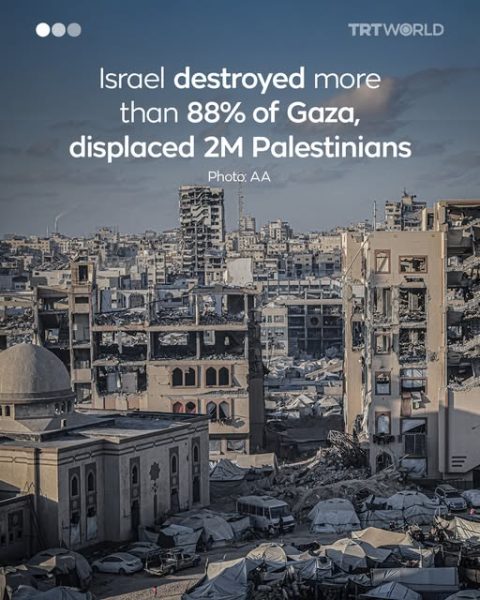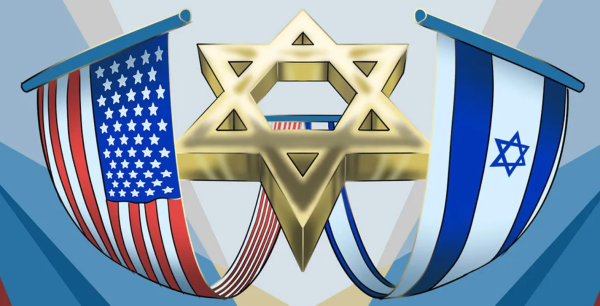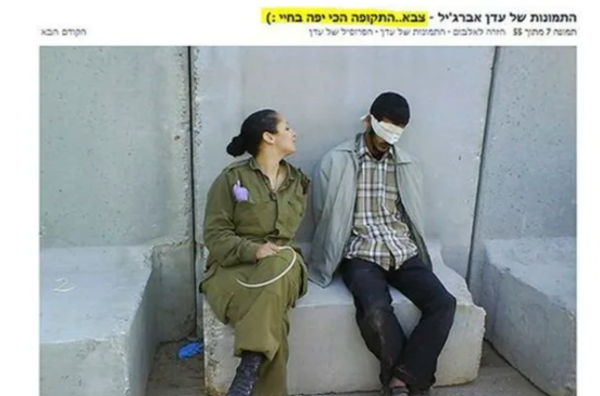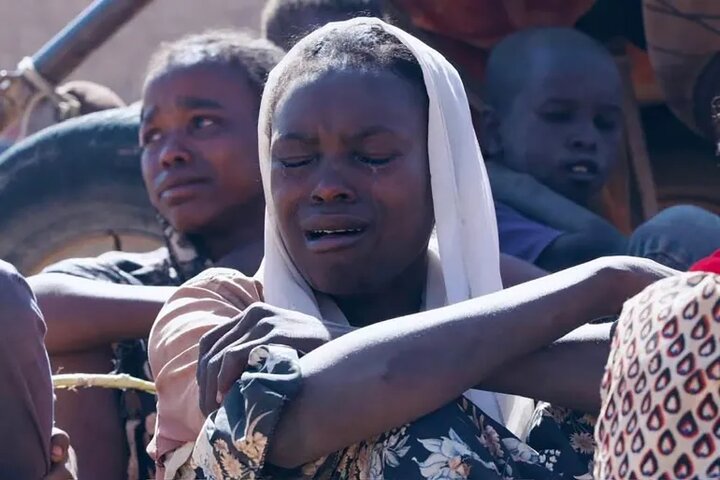
A Nation Sacrificed: How Sudan Became a Graveyard of Hope and Geopolitical Games
Sudan, a land rich in gold and oil, is dying. Caught in the grip of a catastrophic civil war, the nation is paralyzed. The clash between the Sudanese Armed Forces (SAF) and the Rapid Support Forces (RSF) has displaced millions, turned cities into graveyards, and unleashed one of the world’s most severe humanitarian crises. This is not merely a conflict; it is the systematic unraveling of a nation.
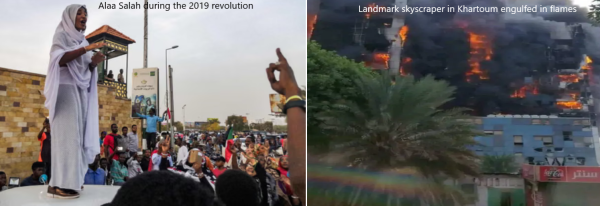
Prologue: The Roots of a Monster
For three decades, Omar al-Bashir ruled Sudan with an iron fist. His regime was built on violence, most infamously in Darfur. There, in the early 2000s, he unleashed the Janjaweed—nomadic militias known for burning villages and mass killings—to crush dissent. This campaign of terror left hundreds of thousands dead.
In 2013, al-Bashir formalized these militias into the Rapid Support Forces (RSF), under the command of Mohamed “Hemedti” Hamdan Dagalo. Meanwhile, the traditional army, the SAF, remained under General Abdel Fattah al-Burhan. The two forces existed in a tense alliance, a powder keg waiting for a spark.
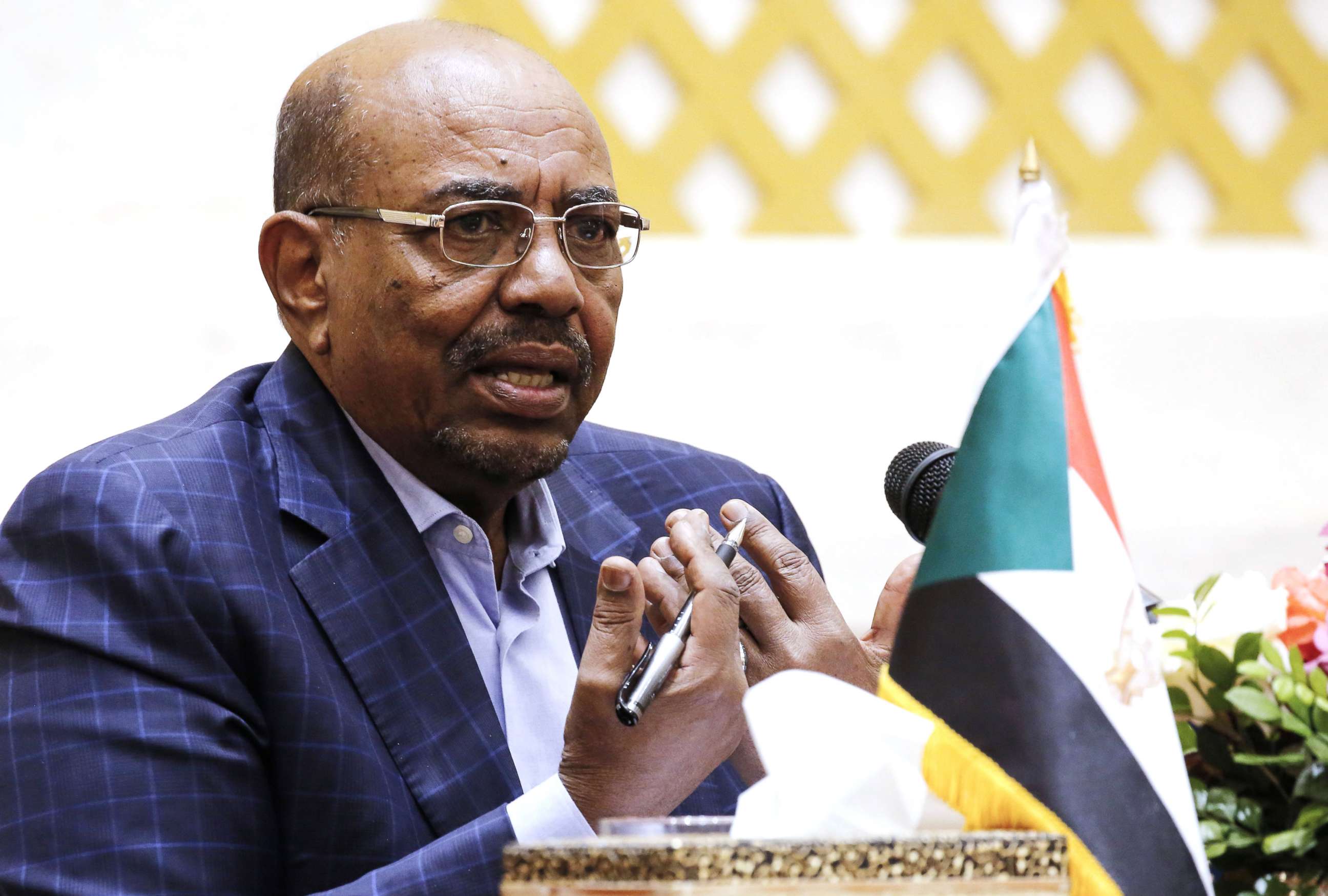
Act I: The Revolution of Good Intentions, The Coup of Cold Reality
In 2019, a revolution swept Sudan. Its symbol was Alaa Salah, a woman in a white dress standing on a car, leading chants of “Thawra!” (Revolution). Her image became a global icon of hope. But critics now see it as a symbol of a movement strong on emotion but fatally weak on strategy—a cry of anger with no clear road map for what came next.
The revolution succeeded in ousting al-Bashir, but it created a dangerous power vacuum. A fragile civilian-military government was formed, only to be shattered in 2021 by a coup led by General al-Burhan. The facade of unity between the army and the RSF crumbled. The core dispute was simple: the army wanted to absorb the RSF, and Hemedti, enriched by gold mines and commanding a powerful private army, refused. The stage was set for war.
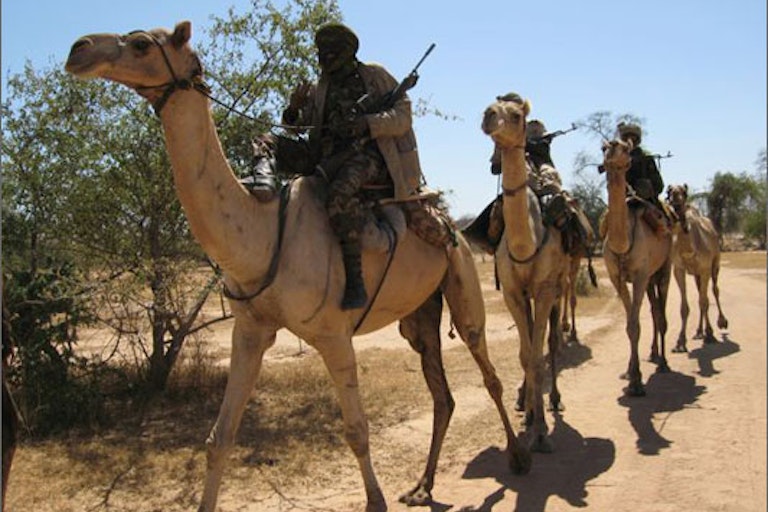
Act II: The Descent into Hell
In April 2023, the battle for Sudan erupted in the heart of Khartoum. The streets, once full of life, became killing fields. Schools and hospitals were destroyed. Millions fled with nothing, their homes reduced to rubble.
The war then returned to its birthplace: Darfur. In El Fasher, a 500-day siege pushed a city to the brink of madness. When the city finally fell to the RSF, a new wave of genocide began. Massacres, street executions, and the burning of entire neighborhoods were documented. Satellite analysis from Yale University has identified mass graves. Men were “disappeared,” and families were buried alive in their homes.
Today, Sudan is a silent hell. The UN warns that 18 million people face famine. Parents watch their children die of hunger. People eat dirt and grass to survive. A haunting video captures the essence of this despair: a man, moments from being executed, finds solace only in his faith, while a woman cradles her starved, lifeless children, begging a silent world for help.

Act III: The World Looks Away—And Fuels the Fire
As Sudan burns, the world stands by. But this is not mere inaction; it is complicity. The United Arab Emirates (UAE) has been identified as a key backer of the RSF, funneling weapons, drones, and money through clandestine networks to Hemedti’s forces. While claiming to support peace, the UAE’s actions pour gasoline on the fire, prioritizing geopolitical influence over human life.
Over 150,000 people have been killed. Over 12 million are displaced, flooding into overcrowded camps in Chad and South Sudan, where aid is a cruel mirage. The world’s silence has written the bitterest chapter in Sudan’s story: a season where oil dollars and gold were valued more highly than human blood.
Conclusion: A Autumn of Leaves
Sudan is in its autumn. Its people, like leaves, are falling one by one—shot, starved, or forgotten. The hopeful chants of the revolution have been replaced by the whimpers of starving children and the silence of mass graves. The story of Sudan is a devastating lesson in how quickly hope can be betrayed, and how the world can watch a nation become a graveyard.
